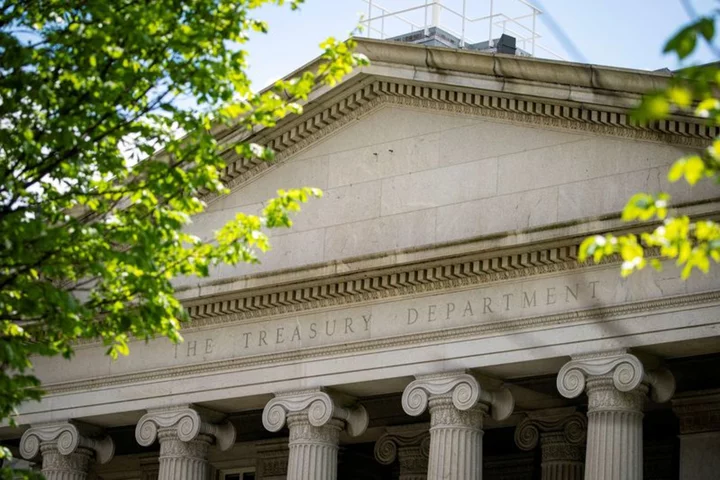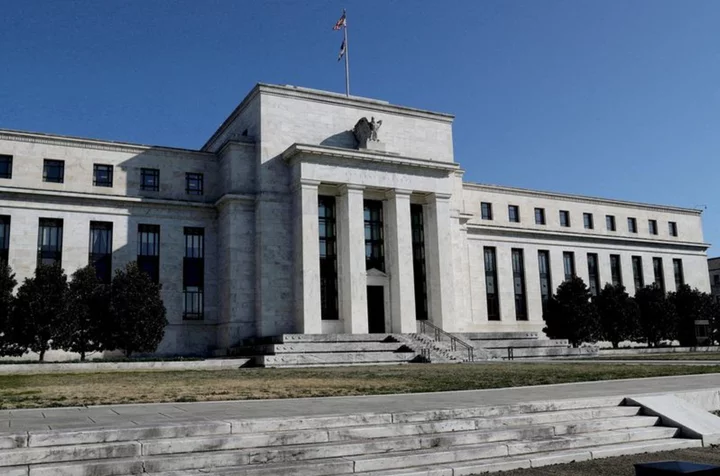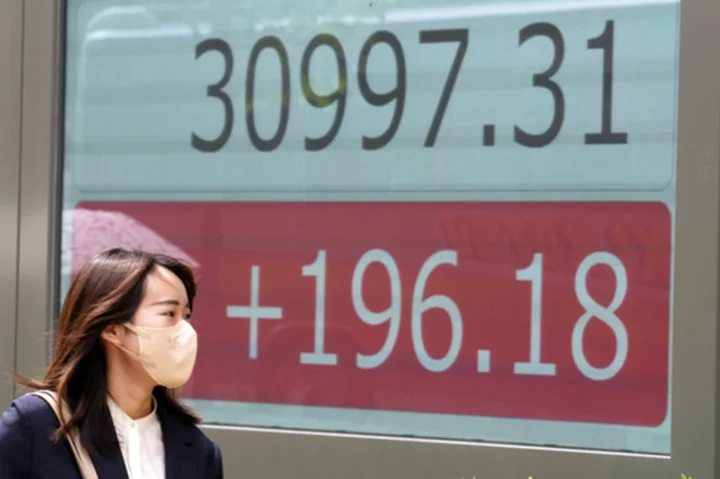WASHINGTON The U.S. public debt burden will reach 181% of economic output in 2053, the Congressional Budget Office said on Wednesday, a slight improvement over recent long-term projections due to discretionary spending caps enacted as part of the recent deal to raise the federal debt ceiling.
The nonpartisan CBO said that U.S. budget deficits over the next 30 years will far exceed the 1993-2022 average of 3.7% of GDP, reaching 6.4% in 2033 and 10.0% in 2053.
CBO said that outlays for net interest, Social Security and healthcare programs will continue to rise as a share of economic output as the population ages, while revenues remain largely flat, in the 18-19% range.
The projections are based on currently enacted laws, and assume that individual income tax rates snap back to higher levels after 2025, when tax cuts passed by Republicans in 2017 expire. Lawmakers from both parties have vowed to preserve all or part of these cuts, and President Joe Biden wants to keep them in place for American families earning under $400,000 annually. Such moves will increase the debt-to-GDP ratio.
But the 181% debt-to-GDP ratio in 2053 is a slight improvement over the 185% burden that CBO projected last July for 2052. CBO also in February had projected a 195% ratio for 2053, reflecting the recent spending legislation and altered assumptions for economic and population growth.
The budget referee agency said the improvement stems from an expected reduction in projected total outlays because of discretionary spending caps enacted for the 2024 and 2025 fiscal years as part of the Fiscal Responsibility Act of 2023, which suspended the debt ceiling and averted a historic default when it was signed into law on June 3.
CBO said that the effects of these spending reductions are also projected into future years due to the way the agency is required to forecast discretionary funding.
(Reporting by David Lawder in Washington; Editing by Matthew Lewis)









